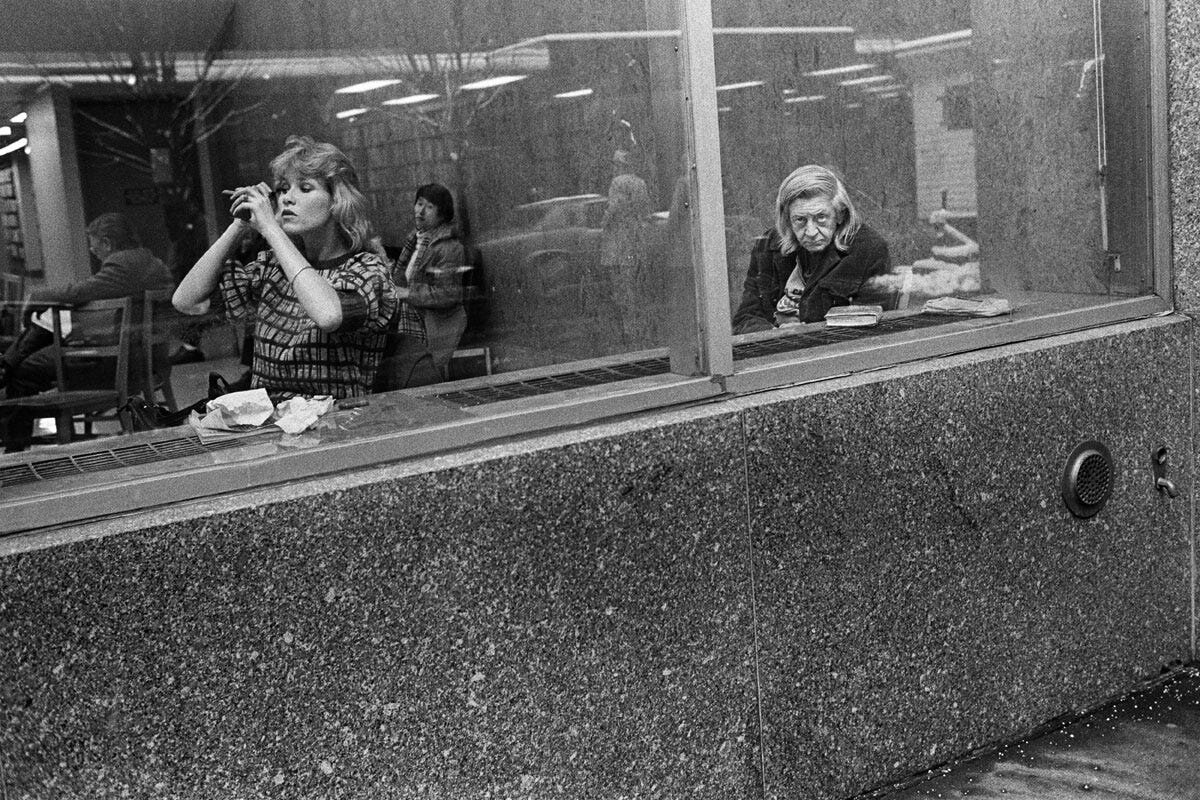Triangle of Sadness

As I write this I am sitting in a beautiful garden overlooking a large magnolia tree. One persistent flower is still hanging on to its branch although the season is long over. Hordes of swallows are playfully cruising the blue sky, chatting to each other about insects and life, I suppose. Over the last few days I’ve slept more than I’ve had for the full year, the climate crisis never sleeps (similar to New York, however the stock market actually goes to bed). There's such an harmonious vibe hovering over the scenery where I’m sat that it feels immensely surreal to remember life outside of this setting, the harsh life where three times within a week we’ve hit global heat records.
Earlier this month I attended the UIA World Congress of Architects 2023 in Copenhagen and the general message was clear - we need to build less and renovate more with local and preferably already reused materials. Architect Francis Kéré showed poetic and inspiring architecture immersed with local culture, materials and settings, Yasmeen Lari talked about architects having to becoming activists, Indy Johar irritably sat in a panel who were immersed in discussing the beauty of form when he, rightfully so, had to deliver a powerful message about the current state of our construction industry and how we cannot keep building without understanding the end result. I sat as a panellist during a dialogue on future leadership and when mentioning my thoughts on architects daring to rethink who we are and our role forward, I was told by a man from the construction industry that if architects put a halt to building they will go ahead without us. Somehow that reaction frames it all, without knowing it, he had hit the head of the nail. No matter what scientists, designers, activists, architects or change makers know is the right path forward, we won’t succeed as long as the success of large scale change sits within powerful companies with enormous profits.
I will freely borrow the title of Ruben Östlunds latest film ‘Triangle of sadness’. The above-mentioned construction companies who only think short term profits for themselves are deeply entangled with politics. Our governments are filled with fear of disrupting close relationships with these companies, they bring economic stability, economic hope and a sense of strong friendship in a world full of severe unknowns. Not to mention the close binding to fossil fuel and its still heavily profitable market. The third part in this sad triangle are citizens, confused by the complexity of things, lost in the world of deathly problems and left with a feeling of resignation. If the ones supposed to be in charge cannot create trustworthy solutions in time, then who is responsible?
This dilemma has been highlighted numerous times over the years (one moment with Al Gore is to be found here), and it almost feels nonsensical to put it into words. Yet, the systems need to change. Fast regulations and drastic policy making at EU level will force both companies and countries into the pathways needed without any room for flexibility. However, while waiting for those laws to come (my gut data tells me it will take longer than it should), the world will definitely keep seeing trauma, death and mass destruction. What we decide to do as citizens in relation to that timeframe is up to us. A mix of seeking knowledge and changing behaviours while still enjoying the beauty of our short lives seems like a viable option. And to all fellow architects, I urge you to be brave enough, creative enough and smart enough to not follow the construction sector and their profit focused lead. Let us all reimagine who we are and what we can do, together.





